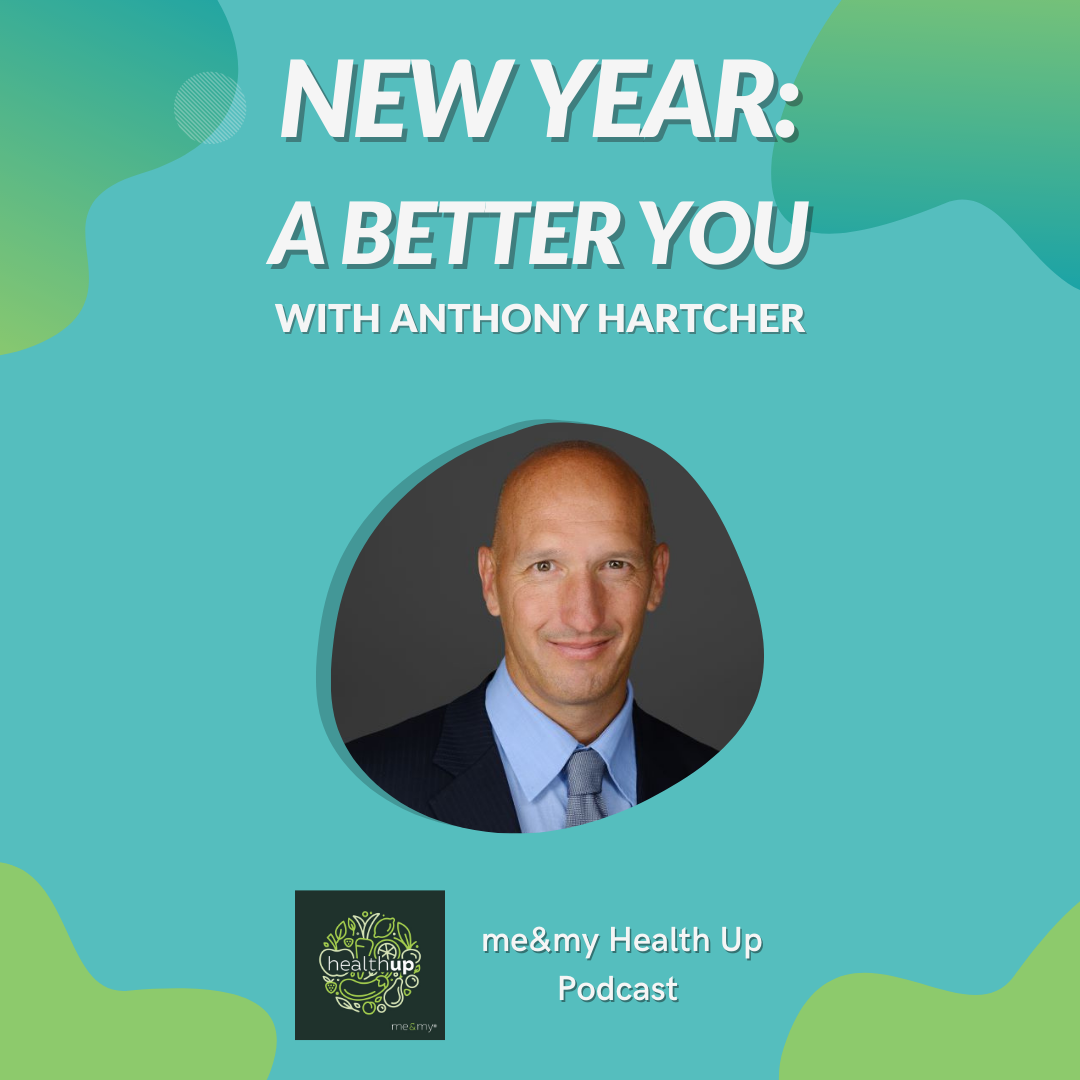Summer holidays are over, and it is back to work. Feeling tired, run down, or just lacking in energy and trying to get your mojo back for the start of work? Then this blog is for you! There are many reasons why you might be feeling tired or lacking energy. Let’s start with focusing on some of the fundamentals of good health – a good sleep routine, supportive nutrition, outdoor activity, rest and relaxation.
Do you find yourself busy, running around with chores, after family, with social engagements, with work and/or between appointments, striving for achievement? This becomes problematic when you do not counter the busyness with regular downtime and rest. During long durations of increased mental and physical activity your body is releasing stress hormones such as cortisol. What does this do?
If the release of cortisol is not regulated, by having adequate downtime during the day, your sleep can be heavily affected which impacts our overall energy. Taking restful breaks such as getting outside away from electronic devices and fluorescent lights, having lunch in a park, or just finding your quiet space away from work to eat mindfully, are all beneficial for regulating our cortisol levels. Regular daily exercise for at least 30 minutes of moderate intensity (moderate elevation in heart rate and being able to speak a few words at a time) is also beneficial for the regulation of your stress response.
What we do or don’t consume during the day plays a vital role in restful sleep. Consuming excess caffeine from energy drinks, coffee, tea, chocolate can influence our ability to fall asleep or stay asleep. If you really love caffeine you are best to have it before lunch. Excess alcohol can also negatively impact sleep. Although it may assist you to fall asleep it impedes your ability to stay asleep. If you love a drink you are best to consume no more than 1 standard drink a night. Foods that support a restful night sleep are those rich in magnesium, calcium, B vitamins (although some B vitamins are best not taken prior to bed). These foods also generally support your energy production; dark leafy green vegetables (spinach, kale, broccoli), activated nuts (almonds, walnuts, brazil nuts) and seeds (chia seeds, pumpkin seeds, sunflower seeds).
Getting back into a good sleep routine is fundamental to having good energy throughout the day. Sleep is vital; your body loves a healthy consistent routine! It is important to prepare your body for sleep by allowing time to disconnect from electronic devices and unpack the day before getting into bed. The blue light emitted from electronic devices sets off a cascade that can suppress your sleep hormone melatonin.
Before bed try to unpack your day by; clearing your mind, write down the ‘to do list’ thoughts on a piece of paper and start to declutter the mind, practice gratitude journaling by writing down 3 things you are grateful for on that day, try listening to relaxing sounds or music. Other supportive practices include a magnesium foot bath, light reading, or a shower followed by light stretching.
Applying yourself across all of these areas will get the best results in energy. This is because our body and mind work together. If you would like further support with energy and sleep, book in for a free 15 min discovery session:
https://calendly.com/wellcierge/nutrition-discovery-sessions-15min
By Anthony Hartcher (Clinical Nutritionist and Lifestyle Medicine Specialist at me&my wellness)
Feeling lethargic? Want more energy?

